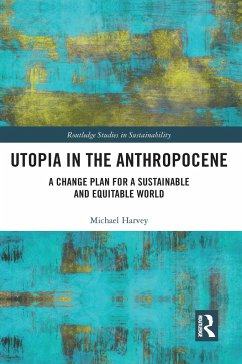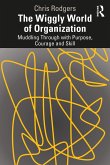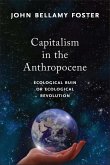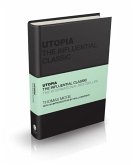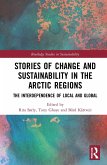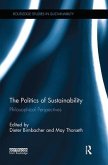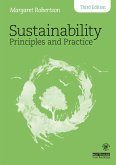Utopia in the Anthropocene takes a cross-disciplinary approach to analyse our current world problems, identify the key resistance to change and take the reader step by step towards a more sustainable, equitable and rewarding world. It presents paradigm-shifting models of economics, political decision-making, business organization and leadership and community life. These are supported by psychological evidence, utopian literature and inspirational changes in history.
The Anthropocene is in crisis, because human activity is changing almost everything about life on this planet at an unparalleled pace. Climate change, the environmental emergency, economic inequality, threats to democracy and peace and an onslaught of new technology: these planetwide risks can seem too big to comprehend, let alone manage. Our reckless pursuit of infinite economic growth on a finite planet could even take us towards a global dystopia. As an unprecedented frenzy of change grips the world, thecase for utopia is stronger than ever. An effective change plan requires a bold, imaginative vision, practical goals and clarity around the psychological values necessary to bring about a transformation.
This book will be of great interest to students and scholars of the environmental humanities, sustainability studies, ecological economics, organizational psychology, politics, utopian philosophy and literature - and all who long for a better world.
The Anthropocene is in crisis, because human activity is changing almost everything about life on this planet at an unparalleled pace. Climate change, the environmental emergency, economic inequality, threats to democracy and peace and an onslaught of new technology: these planetwide risks can seem too big to comprehend, let alone manage. Our reckless pursuit of infinite economic growth on a finite planet could even take us towards a global dystopia. As an unprecedented frenzy of change grips the world, thecase for utopia is stronger than ever. An effective change plan requires a bold, imaginative vision, practical goals and clarity around the psychological values necessary to bring about a transformation.
This book will be of great interest to students and scholars of the environmental humanities, sustainability studies, ecological economics, organizational psychology, politics, utopian philosophy and literature - and all who long for a better world.
"Michael Harvey's Utopia in the Anthropocene is a work of deep insight and compelling topical relevance. The author draws upon an impressive array of disciplines, scientific and cultural, to analyse the political, economic and ecological crisis facing us today. There are no simple solutions to the crisis, but in this highly original and persuasively written book Harvey elaborates a series of "steps" towards a new Utopia, which build upon what we have achieved in the past and are capable of achieving in the future."
- Martin Travers, Associate Professor and Senior Research Fellow, School of Humanities, Griffith University, Brisbane
"Michael Harvey's Utopia in the Anthropocene:A change plan for a sustainable and equitable world provides readers with a stark warning of a very real possible future. More importantly, it sets out an agenda for genuine and significant Utopian change that can be realised if we are courageous and determined enough to enact its principles. Taking a wide perspective spanning several major disciplines, it challenges and provokes in ways that not only "tell it as it is" but, far more importantly, set out how a positive alternative still remains possible."
- Professor Ernesto Spinelli, BPS Chartered counselling psychologist and existential therapist
- Martin Travers, Associate Professor and Senior Research Fellow, School of Humanities, Griffith University, Brisbane
"Michael Harvey's Utopia in the Anthropocene:A change plan for a sustainable and equitable world provides readers with a stark warning of a very real possible future. More importantly, it sets out an agenda for genuine and significant Utopian change that can be realised if we are courageous and determined enough to enact its principles. Taking a wide perspective spanning several major disciplines, it challenges and provokes in ways that not only "tell it as it is" but, far more importantly, set out how a positive alternative still remains possible."
- Professor Ernesto Spinelli, BPS Chartered counselling psychologist and existential therapist

